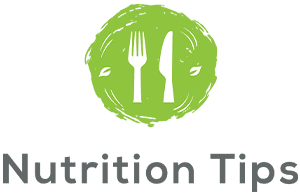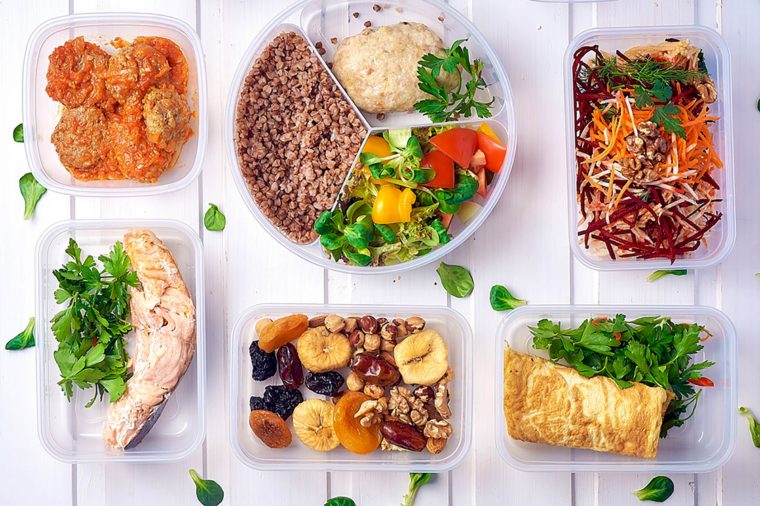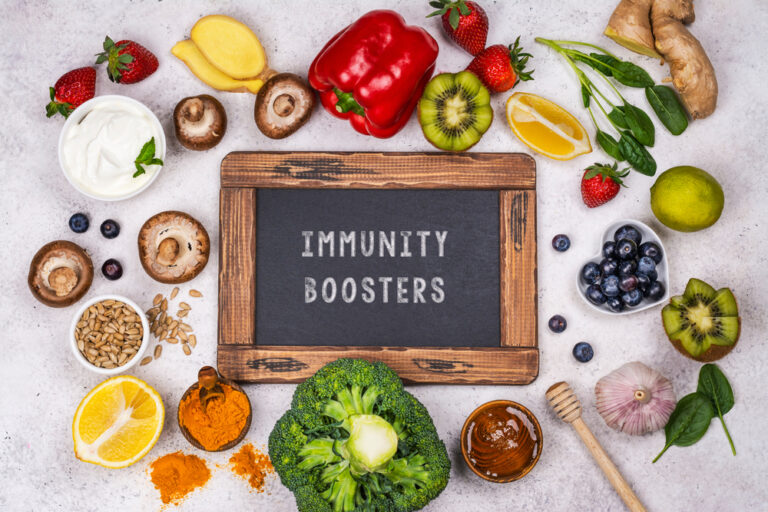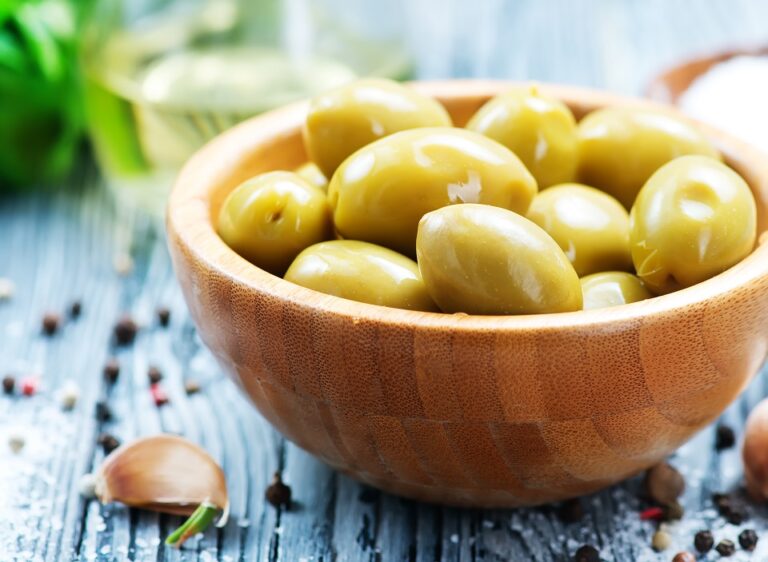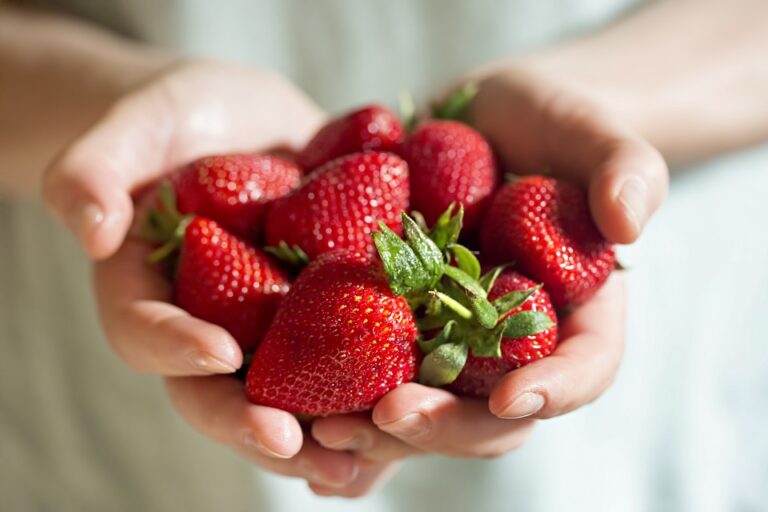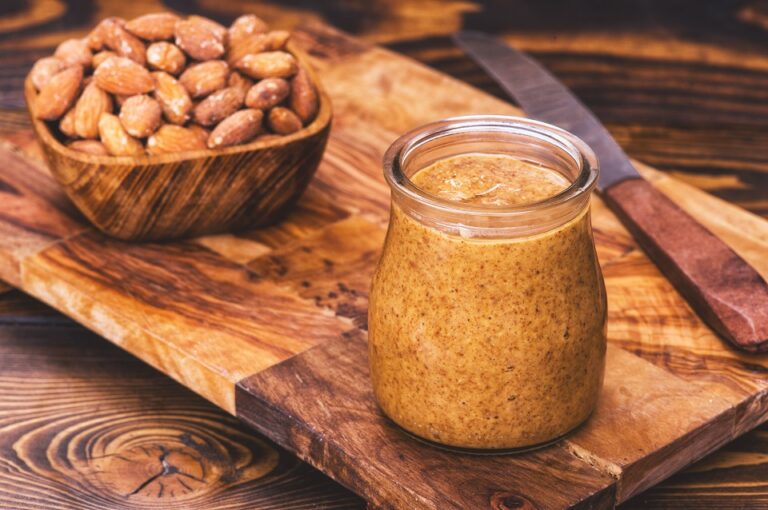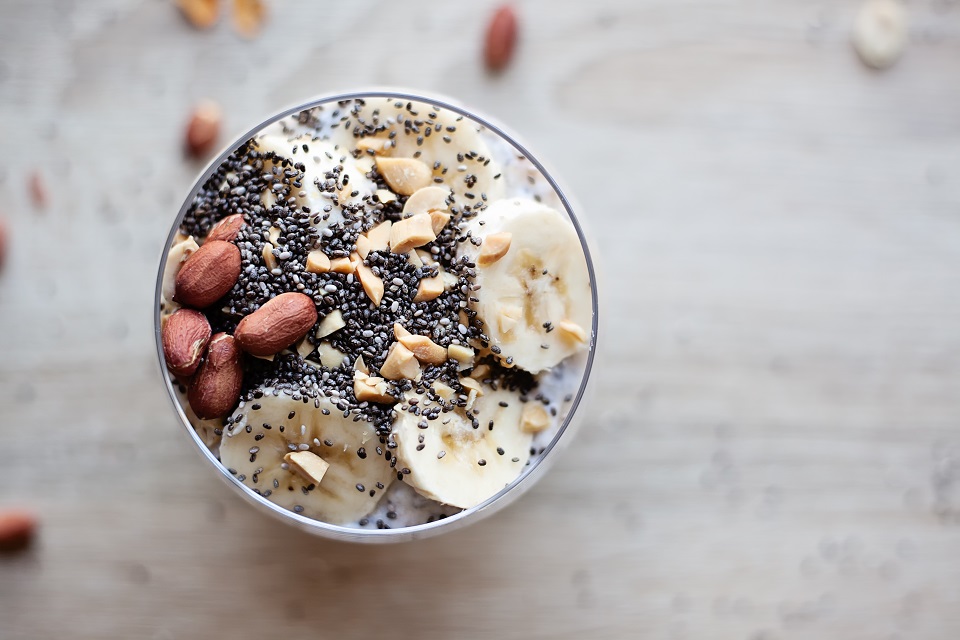
4. Omega-3 fatty acids
Even if being a vegetarian translates to virtually no animals at all, some of them tend to consume fish (also known as a pesco-vegetarian) every now and then. So if you’re a vegetarian who eats fatty fish such as salmon, tuna, or trout, you probably don’t have an omega-3 deficiency. However, when referring to vegans, things could be upside down. “Although diets without seafood may be lacking in omega-3 fatty acids, adding omega-3s such as chia seeds, walnuts, and even algae can be a good way to boost intake,” Palinski-Wade says.
Flaxseed and soybeans are other great options for vegans. Despite the omega-3s acids that come with them, they also pack nutrients that enhance brain and eye function, reduce inflammation and help lower cholesterol. In order to get enough omega-3 fatty acids, consider a supplement, Palinski-Wade adds.
“Look for high-quality sources that, if coming from seafood, have had purities such as mercury and PCBs removed,” she says. “I personally recommend the Nordic Naturals line as a high-quality brand.”

